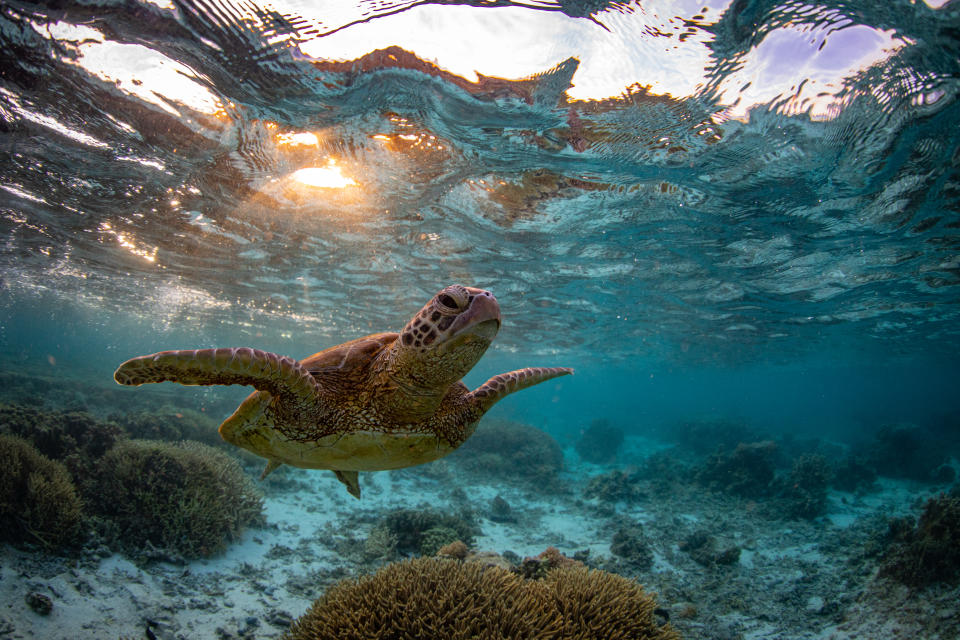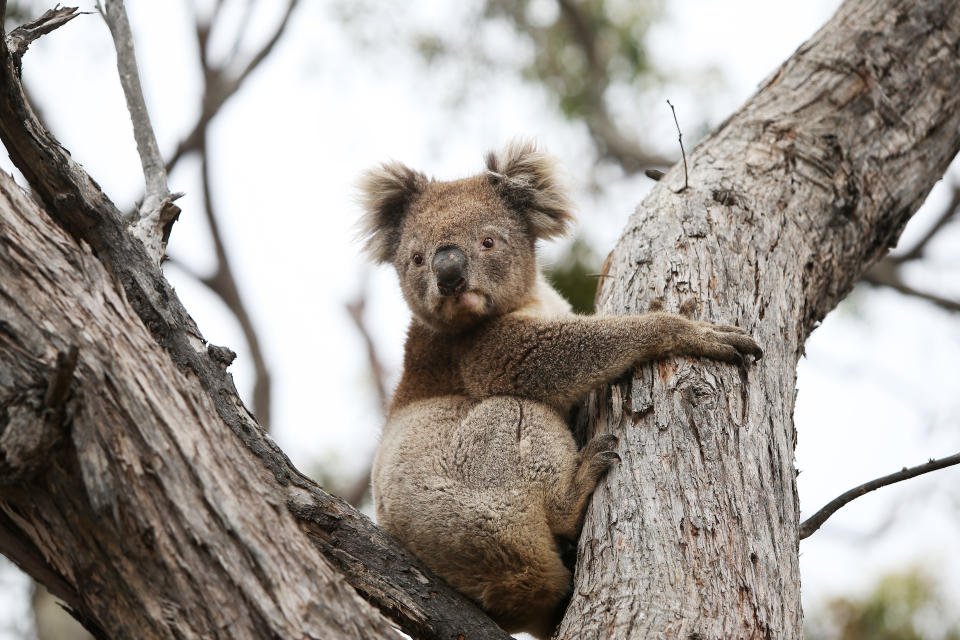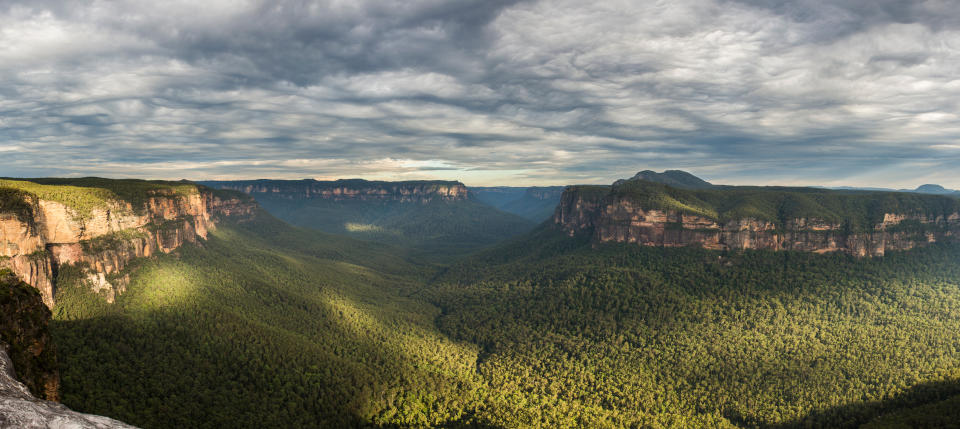Great Barrier Reef and more Aussie destinations 'under threat'
Iconic Aussie destinations, including the spectacular Great Barrier Reef and the crystal-clear waters off WA’s Ningaloo Coast, are under threat according to some of the country’s leading conservation groups.
The 13 environmental organisations said they have “grave concern” about a federal government plan to “weaken legal protection” of Australia’s World Heritage sites such as the lush Gondwana Rainforests that spread from Newcastle to Brisbane.

In an open letter to UNESCO, the organisations described their ‘alarm’ after learning of an NSW government plan to flood part of the Blue Mountains National Park for a dam expansion.
They also cited the Tasmanian government’s “inappropriate private tourism” projects in wilderness areas.
Not only are these stunning locations under threat, so too is the country’s much-loved wildlife including koalas and flying foxes, explained one of the signatories, the Australian Conservation Foundation’s CEO Kelly O’Shanassy.
Not safeguarding Australia’s wilderness sites would be an “international shame”, said Environmental Justice Australia CEO, Nicola Rivers who also put her name to the letter.
Australia is home to more than 20 World Heritage areas, more than any country in the world, however industrialisation and climate change are placing increasing pressure on them according to the signatories.
What do the changes mean?
The plea to the UN’s peak environment body follows a federal government plan to “promote economic activity” by reforming the Environment Protection and Biodiversity Conservation (EPBC) Act.
The EPBC, which is currently under review, was set up as a last line of defence so the federal government can assess projects that could significantly impact a World Heritage area.
Under the changes proposed by the Commonwealth, state governments will assess applications themselves as part of a “single touch approval” process to “reduce regulatory burden”.
“We are protecting the environment, protecting jobs, and protecting Australia’s economic future,” the government said in a statement.

A bill to streamline the approval process was rushed through the lower house on Thursday after a mid-term report of the EPBC by Professor Graeme Samuel in July called current laws “ineffective”.
Prof Samuel suggested the approvals process be devolved to the states, alongside a new independent office to ensure public confidence in decision making.
“Community trust in the EPBC Act and its administration is low,” Prof Samuels said upon releasing the report.
“To build confidence, the Interim Report proposes that an independent cop on the beat is required to deliver rigorous, transparent compliance and enforcement.”

While many environment groups welcome a review of the current laws, they argue that creating a new independent regulator to ensure the states comply with Commonwealth guidelines when assessing projects is key.
The government has all but ruled this out.
Signatories to the UNESCO letter include Humane Society International Australia, Birdlife Australia, the Wilderness Society, WWF Australia, Australian Marine Conservation Society, among others.
Click here to sign up to our daily newsletter to get all the latest news and hacks. Or if you have a story tip, email us at lifestyle.tips@verizonmedia.com.

 Yahoo Lifestyle
Yahoo Lifestyle 




